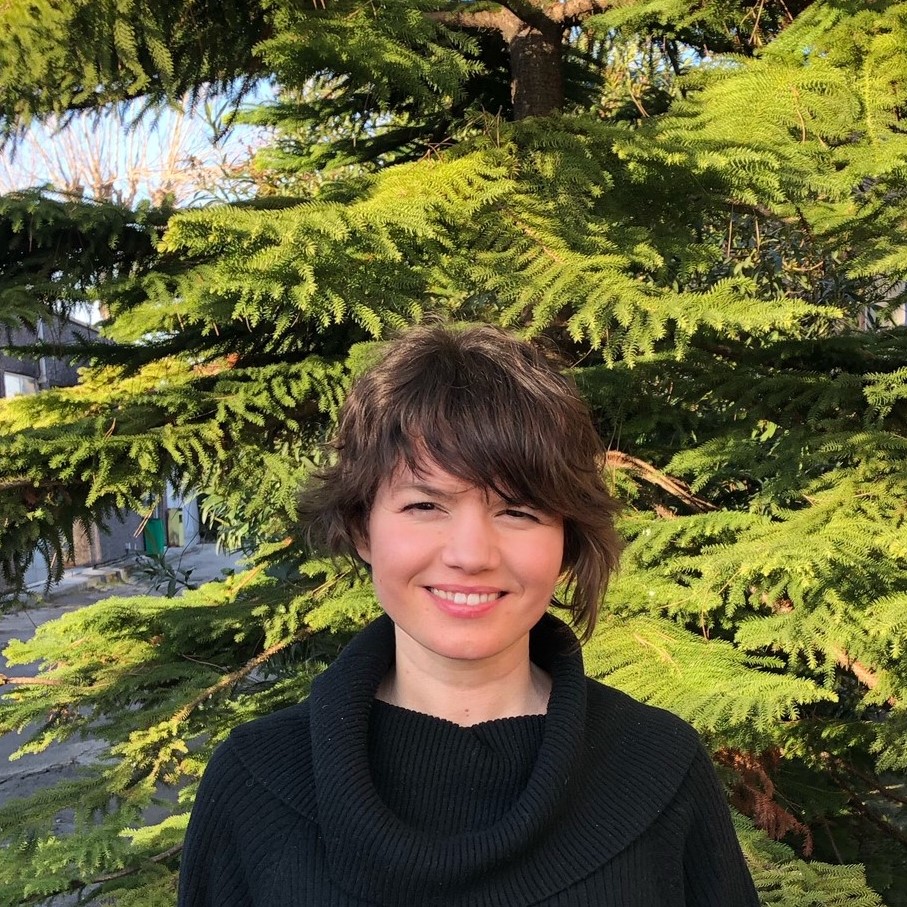
Alessandra Campanelli
Researcher
Ancona
In the Southern Ocean, low temperatures favor the solubility of CaCO3. In contrast, primary production leads to the accumulation of organic matter in sediments, which through the processes of early diagenesis, via microbial activity, leads to the recycling of carbon, nutrients and associated metals. At this historical moment, in which anthropogenic CO2 emissions influence ocean chemistry (acidification) as well as changing the global climate, understanding and quantifying the carbon cycle at the water-sediment interface in the Antarctic environment is crucial.
This project aims to study the early diagenesis processes that occur in the first centimetres of the Southern Ocean bottom sediments and that lead to the recycling of Carbon, nutrients and metals that influence the chemistry of seawater. Niches of CO2 influence the ocean chemistry (acidification) in addition to changing the global climate, understanding and quantifying the carbon cycle at the water-sediment interface in the Antarctic environment is crucial. Furthermore, the project will help to better define the global balance of carbon, nutrients and metals in the Southern Ocean.
The early diagenesis and the consequent benthic flows will be investigated by studying the concentration profiles of the pore water in the first centimeters of the core sediments. Sedimentary cores will be collected by a multicorer or box-corer or SW104 corer, in basin areas of the Ross continental shelf and along the continental slope, characterized by different sedimentation rates, depths and pressures. At each station, a core will be extruded into an inert atmosphere for the extraction and analysis of pore water (nutrients, DIC, alkalinity, dissolved silica, Fe, Mn, Ca, Mg). The second core will be used for oxygen and pH measurement using microelectrodes at the water-sediment interface. The solid phase of the sediment will be analyzed for organic and total carbon, total nitrogen, chlorides, grain size, major and minor elements and stable isotopes (δ56Fe, δ98Mo and δ74Ge). Geochemical profiles of pore water and solids will be used to study biogeochemical processes occurring near the sediment-water interface and to calculate dissolved benthic fluxes.
Referent:

Programme: PNRA
Duration: May 6, 2024 - May 5, 2026
Budget: 252.126,00 €
Budget IRBIM: 77.900,00 €
Areas of Research: